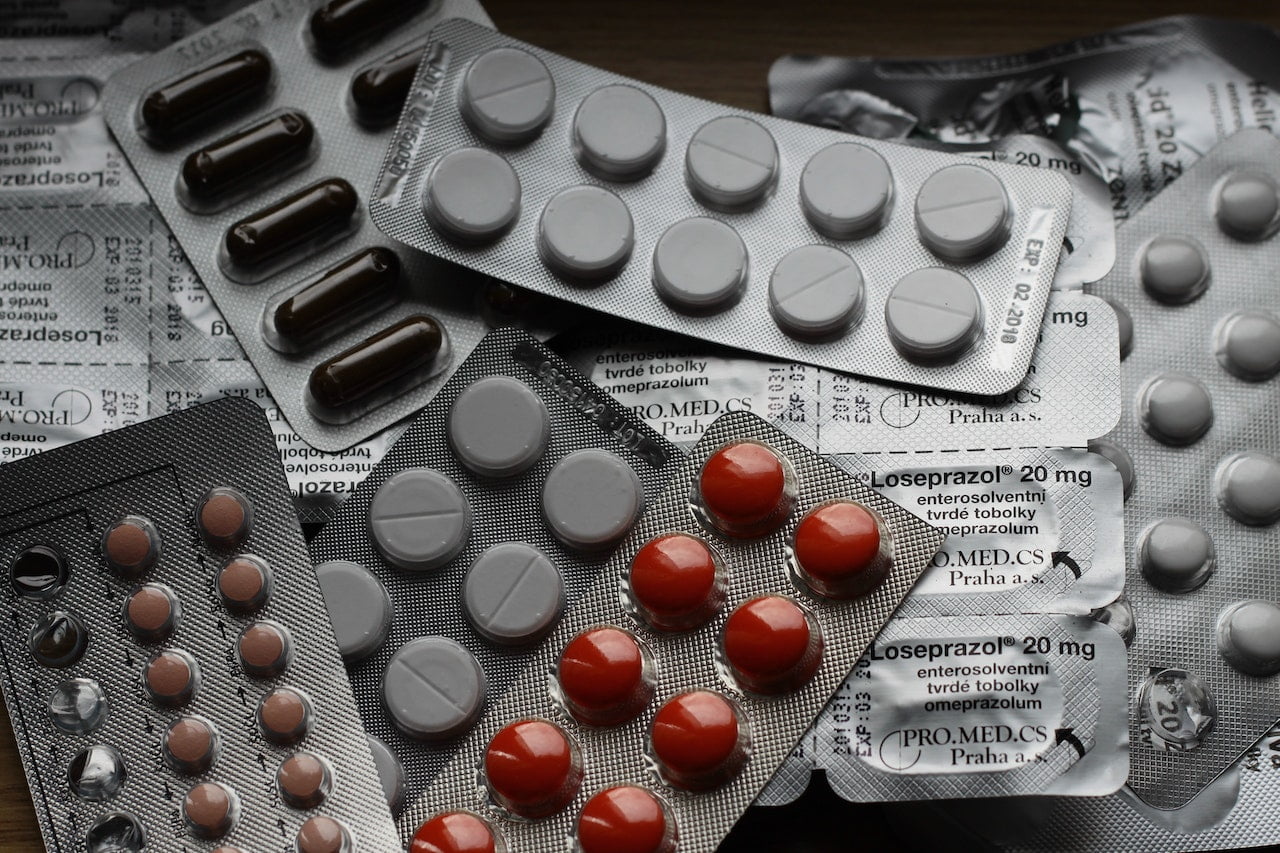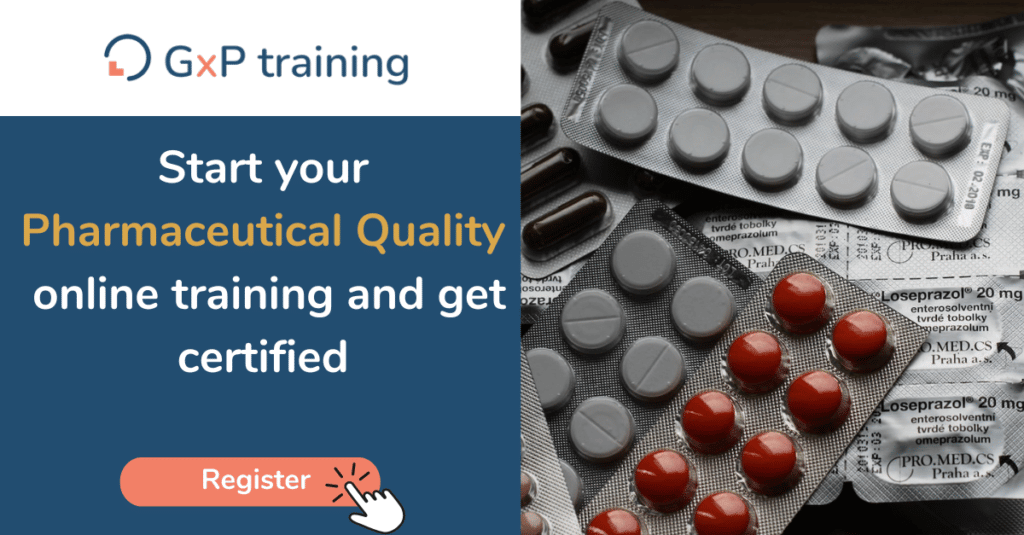Pharmaceutical quality assurance certification helps you understand the product manufacturing process while laying emphasis on its quality.
We often hear the word ‘quality’ anytime a product is marketed. And we sure do like anything we consume to be of top quality. But are we sure we know exactly what it means? In simpler terms, the characteristics that make a product qualified for use are associated with its quality factors. But such a simple explanation will not suffice when working with highly safety-critical products such as drugs and medicines.
Pharmaceutical products must, by default, adhere to strict quality standards, given the nature of their use. So, anyone working with pharmaceuticals must be aware of the various quality parameters and standards that go into validating the quality of these products. Here is a brief rundown of what pharmaceutical quality implies and how you can get a pharmaceutical quality assurance certification.
Pharmaceutical Quality Assurance – Product and Process

When speaking about quality, it is often mistakenly applied only to the end product. But in pharmaceuticals, that is not the case. The level of quality assurance demanded by pharmaceutical items cannot be achieved with just final product testing.
As for product efficacy, the quality can be evaluated in terms of its strength, purity, identity, and safety. But these are not just the only factors considered for assessing pharma quality. Pharmaceutical quality encompasses both product and the entire process that goes behind the production of the product. From raw materials procurement to final product quality testing, everything in the pharma industry must be quality controlled with the right procedures and process planning.
Proper planning is required to ensure that no quality issues are ever experienced now or in the future. Hence why quality can also be considered a continuous activity along with continuous improvement of the process. It is also a recommendation made by quality authorities such as the US FDA.
As for the pharma industry, quality is conceptualized as built into the entire production, distribution, and safety instructions for end-user consumption. It should also go beyond and include customer feedback to improve the quality of future medications continuously.
Pharmaceutical Quality Standards and Regulations
The pharma industry is huge and contributes significantly to the development of the modern world. Since they are integral to our society’s overall well-being, they are well-controlled by strict regulations and quality standards. These standards enforce certain quality aspects to help establish a proper baseline for acceptable pharma practices and products.
Qualifying for these standards earns quality certificates that can add credibility to a vendor or dealer working with pharmaceuticals. Several governments across the world make it a mandate that pharma companies must bear certain quality certificates to be able to sell their drugs and medicines in their regions. Some of the pharmaceutical industry certifications are listed below:
- ISO standards
- GMP – Good Manufacturing Practice
- GDP – Good Distribution Practices
Understanding these standards and the regulations they put forth is necessary to ensure the quality assurance required to run a pharma company. Anyone working in the pharmaceutical industry must be aware of these quality regulations and the various government rules regarding pharmaceuticals and related products.
Adopting a quality management system
As part of moving towards a quality process, all pharma companies must adopt a proper quality management system. Some of the principles that should govern a quality management system are:
- Quality responsibility should lie with the top management
- Quality objectives must be communicated across the company
- Quality should be part of every stage of the industrial cycle, starting from design to materials, production, and post-marketing
- Everyone is accountable for the quality, and there is no functional boundary for quality
- Good Manufacturing Practice and Quality Control are related and must be considered fundamentals of manufacturing and dealing with pharma drugs.
- Quality practices must be enforced across every operation undertaken by the company and the roles and responsibilities.
Total quality management
As mentioned earlier, quality does not stop with one single effort. It is supposed to be an ongoing process focused on continuous improvement. Quality must be ingrained into the company’s policies and overall mindset to make this possible. TQM, Total Quality Management, helps to achieve a quality framework by enabling ways to foster a positive culture and quality training for the entire company.
Implementing TQM requires commitment and good use of available clinical data to frame the quality infrastructure that the company needs. Understanding the TQM tools and methods is thus an essential part of delivering high quality in the pharma industry.
Quality manual
The top management makes up the quality objectives and is responsible for seeing that these goals are achieved. For this, they need a good tool to document and communicate the quality practices and policies across the organization. These documents and guides are called quality manuals for presenting the internal and external quality imperatives to the organization.
Quality manuals not only help communicate the quality system requirements, but it also serves as a way to demonstrate compliance to quality standards. They are one of the most important artifacts for assessing a company for quality certifications. Hence, the structure and format of the quality manual should follow an accepted format and have all the content laid out in a precise and detailed manner.
Pharmaceutical quality design
While most of the quality methods and tools discussed above relate to any organization, pharmaceuticals have certain specific characteristic quality design components. Understanding these specific quality objectives is necessary to deal with Pharma-related operations at all stages, whether at the production or retail levels. Here are some basic elements of the quality-based design approach for the pharmaceuticals industry
- Quality Target Product Profile (QTPP) that properly enumerates all the critical quality attributes (CQA) of the medicine.
- Understanding the product design, including its critical material attributes (CMA)
- Understanding the process design, including the critical process parameters (CPP) and interrelation between CMAs, CPPs, and CQAs.
- Quality control strategy design to control each step of the drug manufacturing process
- Continuous improvement of the quality process.
Get Pharmaceutical Quality Assurance Certification
Defining quality for a pharma product can be more complicated than a regular household item, given the advanced science behind it. Every ingredient must be accounted for, every step of the manufacturing, storage, and distribution should be quality controlled, and the process has to be continually improved. Understanding the quality framework for a pharma company requires expertise in both product knowledge and regulatory requirements across the world.
Here is an excellent comprehensive course that covers everything you need to know about the pharmaceutical quality. The course has been developed by Swati Pund, a Doctorate in Pharmaceutical Sciences with post-doctoral research experience in nanomedicine at IIT-Bombay, India. This 10-hour training course provides you with a certificate of completion and CEU/CPD accreditation.





